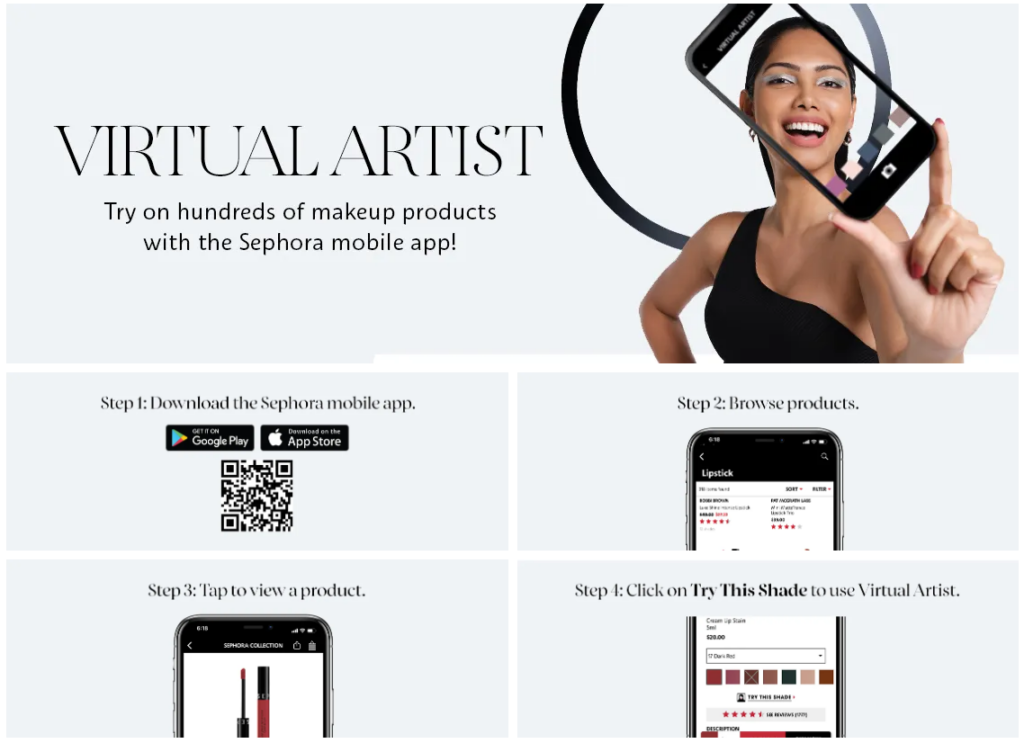
In the ever-evolving landscape of digital marketing, where consumers are constantly exposed to a barrage of advertisements and promotional content, the quest for brand differentiation has never been more challenging. Beyond the allure of captivating visuals and catchy slogans lies a deeper imperative for brands to establish genuine connections with their audience. Enter conversational marketing – a dynamic strategy that places emphasis on real-time, personalised interactions to humanise brand communication and foster meaningful engagement.
Unveiling the Profound Significance of Humanising Brands Through Conversational Marketing
- Building Trust and Credibility: In an era characterised by skepticism, trust has become the cornerstone of brand success. Conversational marketing serves as a catalyst for trust-building by facilitating direct, one-on-one interactions between brands and consumers. By actively listening to customer inquiries, addressing concerns, and providing timely assistance, brands can instill confidence and credibility in their offerings, laying the foundation for enduring relationships based on mutual trust and respect.
- Enhancing Customer Experience: In today’s hyperconnected world, where instant gratification is the norm, delivering exceptional customer experiences is non-negotiable. Conversational marketing empowers brands to meet the evolving needs and preferences of consumers by offering personalised, frictionless interactions across various touchpoints. Whether through AI-powered chatbots, live chat support, or social media engagement, brands can create seamless experiences that delight customers, foster loyalty, and differentiate themselves in a crowded marketplace.
- Driving Engagement and Brand Advocacy: Authentic conversations have the power to ignite passion and foster brand advocacy. By actively engaging with their audience in meaningful dialogue, brands can cultivate a sense of belonging and community among their customers. Whether through user-generated content, interactive Q&A sessions, or personalised recommendations, brands can empower their audience to become active participants in shaping the brand narrative, driving organic engagement, and amplifying their message through word-of-mouth advocacy.
Illuminating Examples of Companies Excelling in Conversational Marketing
- Airbnb: Through its intuitive messaging platform, Airbnb facilitates direct communication between hosts and guests, fostering transparency, trust, and personalised interactions. By humanising the booking process and enabling hosts to provide personalised recommendations and assistance, Airbnb creates memorable experiences that resonate with customers long after their stay.
Source: iGMS
- Sephora: Sephora’s innovative use of conversational marketing technologies, such as its Virtual Artist feature and AI-powered chatbot, revolutionises the beauty shopping experience. By enabling customers to try on makeup virtually, receive personalised product recommendations, and access expert beauty advice, Sephora creates immersive, interactive experiences that resonate with beauty enthusiasts and drive brand loyalty.
Source: Sephora
Implementing Conversational Marketing Strategies
- Utilise Chatbots: Chatbots are an effective way to initiate conversations with customers and provide instant support around the clock. By leveraging AI-powered chatbots, businesses can automate routine tasks, such as answering frequently asked questions and guiding users through the sales funnel.
- Personalise Communication: Tailor your messaging to resonate with your target audience and address their specific needs and pain points. Use data-driven insights to segment your audience and deliver personalised content that speaks directly to their interests and preferences.
- Be Authentic and Transparent: Authenticity is key to successful conversational marketing. Be genuine in your interactions with customers and avoid using overly salesy or robotic language. Transparency is also essential – be upfront about your products, services, and policies to build trust with your audience.
In summary, conversational marketing represents a paradigm shift in brand communication, offering a pathway to authenticity, trust, and meaningful engagement. By embracing the art of authentic conversation, brands can humanise their interactions, elevate the customer experience, and cultivate lasting connections that transcend transactions. As we navigate the dynamic landscape of modern marketing, the power of genuine dialogue remains an indispensable tool for brands seeking to forge authentic connections and thrive in an increasingly competitive marketplace.




